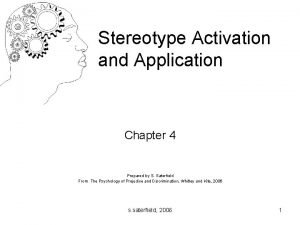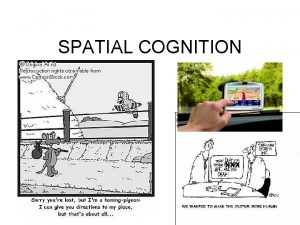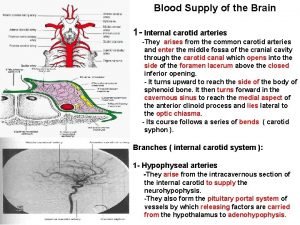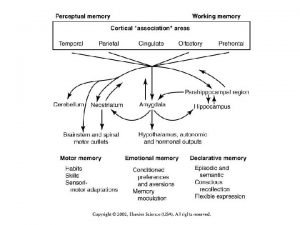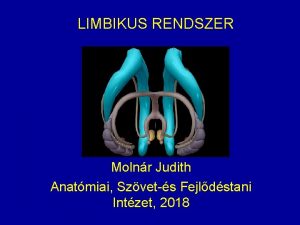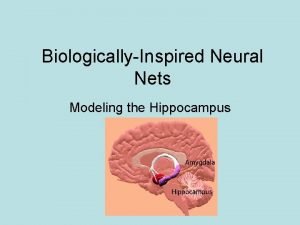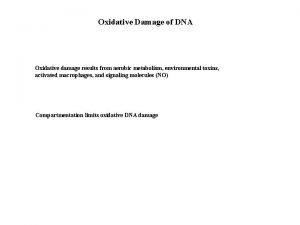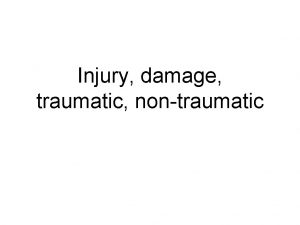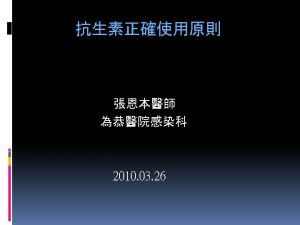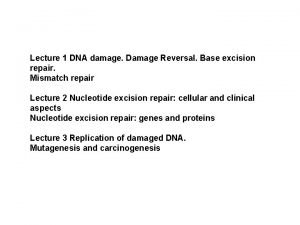The Hippocampus 1 Damage to the hippocampus disrupts








- Slides: 8

The Hippocampus 1 • Damage to the hippocampus disrupts our memory. • Left = Verbal • Right = Visual and Locations • The hippocampus is the like the librarian for the library which is our brain.

Cerebellum 2 Cerebellum – a neural center in the hindbrain that processes implicit memories. 2

Long-Term Potentiation (LTP) 3 • The current theory of how our long-term memory works. • Memory has a neural basis. • LTP is an increase in a synapse’s firing potential after brief, rapid stimulation. In other words, if you are trying to remember a phone number, the neurons are firing neurotransmitter through the synapse. The neuron gets used to firing in that pattern and essentially learns to fire in that distinct way. It is a form of rehearsal (but for our neurons).

Long term potentiation 3 • New synapses formed, communication at existing synapses • Neurotransmitters involved with memory – Glutamate – Acetylcholine – Neural networks – neurons fire in a pattern – form of rehearsal for the neurons – USE IT OR LOSE IT

Memory damage • Anterograde amnesia: – Loss of memory of events occurring after the injury – Cannot transfer new memories to STM or LTM • Retrograde amnesia: – Loss of memory of events prior to injury

storage • Hippocampus and thalamus important in formation of new memories – Memories stored in many different areas of cortex – No single brain structure/ neurotransmitter exclusively involved in memory formation or storage

Stress and Memory 4 • Stress can lead to the release of hormones that have been shown to assist in LTM. • Similar to the idea of Flashbulb Memory.

Stress Hormones & Memory 5 Heightened emotions (stress-related or otherwise) make for stronger memories. Continued stress may disrupt memory. Scott Barbour/ Getty Images 8
